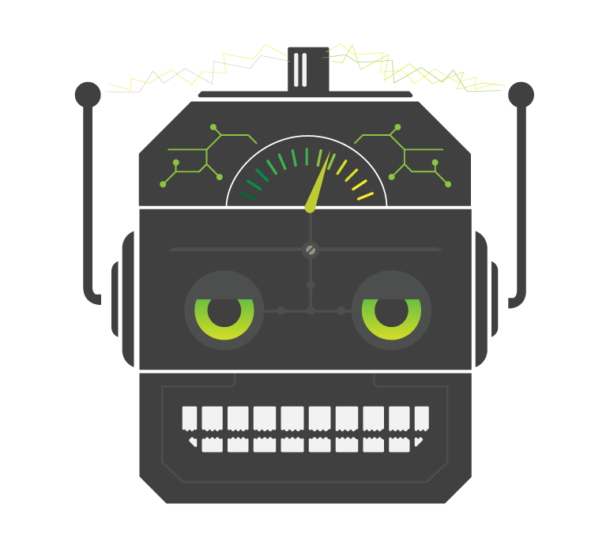
DPL Reading List – May 10, 2019
Here are some of the new and interesting articles we found this week.
Windows Solitaire inducted into the World Video Game Hall of Fame – “Solitaire was first bundled with Windows 3.0. Much like the other notable bundled game, Minesweeper, Solitaire was there to serve as a secret tutorial: in a time when the mouse was still regarded as a new and exotic piece of computer hardware, Solitaire honed clicking, double clicking, and drag-and-drop skills. As a computerized version of a familiar card game, it was instantly recognizable.”
Cray, AMD to build 1.5 exaflops supercomputer for US government – “The goal is to deliver a system that can perform 1.5 exaflops: 1.5×1018 floating point operations per second. The fastest supercomputer in the Top 500 list weighs in at 200 petaflops, or 0.2 exaflops. As things stand, it’d take the top 160 machines on the list to match Frontier’s performance.”
What should happen to users’ data when they die? – “Though Facebook has devoted more resources to its memorial UX, Ohman worries for the future, when the majority of profiles on the platform will be of dead users. While creating an archive in some way of this data is important, deceased users’ privacy rights also need to be considered.”
Why Reading Books Is Important for the Brain – “The implication of this research was that, by reading literary fiction — even a little bit — people could improve their ability to recognize and empathize with the feelings and viewpoints of people who were different from themselves.”
How typography impacts your mood – “There is a parallel between what we experience in the physical world and how this influences our interpretation of typeface shapes. Type can be seen as mirroring the emotions we display in the real world through our facial expressions and gestures. When we are happy our faces become round with a wide smile and our body language is open. By contrast, an angry frown expression is pinched and angel and an attacking animal is all jagged teeth and claws.”
A Programmer Solved a 20-Year-Old, Forgotten Crypto Puzzle – “The key to this puzzle is that it requires sequential operations, which means you can’t get to the answer faster by using parallel computing. You need to go through the squaring process one step at a time, building on the previous answers, to arrive at the solution, so using more computers or throwing a supercomputer at the problem won’t help. Based on Moore’s law and how long it took to run the squaring operation in 1999, Rivest estimated that computing the answer to the puzzle should take approximately 35 years.”
Here’s why your laptop keyboard stinks – “…as laptops follow phones and tablets into the realm of ultrathin designs with edge-to-edge screens, they’re ruining one of the defining features that would lead you to use a laptop in the first place.”



